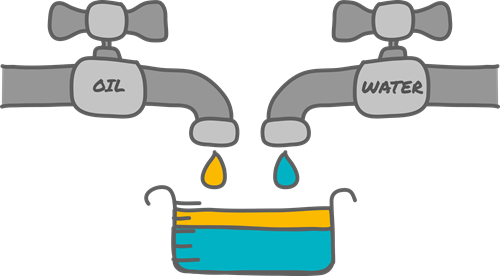In spring 2015, there was much discussion across the sector of the rise of the ‘mega-merger’, with predictions stating that in a year's time there would be eight organisations with 100,000 homes or more – the ‘mega-association’. The rationale behind this trend was sound; combining assets and surpluses together increases borrowing capacity, cashflow, the ability to build more houses and attract the top talent to the newly merged organisations.
Instead, 18 months later we are witnessing a series of high profile collapses, with the sector journals looking for explanations as to why the proposed mergers failed. One theme seems to be emerging consistently from these investigations – culture, or more accurately, cultural misalignment and the fear for one organisation that it will lose its cultural identity.
But what is culture; why is it so important and how do we define it?
It is complicated and multifaceted. It includes the way that your colleagues interact, communicate and treat each other, how they work together, overcome challenges and react to adversity. There is also your organisational social norms, the unwritten rules about expected standards and levels of behaviour and your management philosophy, which can range from central control to laissez-faire. It is also about the external projection of your organisation, how you interact with your stakeholders, customers and wider publics and how they perceive you. In summary, it’s who you are as an organisation.
Each organisation’s culture is different and it is therefore easy to understand why a clash of cultures, or even a slight cultural misalignment, has prevented some of the planned mergers from going ahead. This is in spite of the fact that the organisations concerned share a common purpose, social mission, commercial approach and business objectives.
Put oil and water together in a confined space, they will naturally separate.

Whether a merger is part of your plan or not, building for the future will involve some level of change for your organisation. To be successful, you’ll need to understand your culture to establish how prepared your organisation is for change.
At ICE, we can help you to explore your current state and design a values-led culture that will support you to achieve your organisation’s vision and goals. Our programme includes helping you to understand the role that your leaders, employees and the performance of your organisation play in shaping your values-driven culture, and the beliefs and behaviours that are needed to support this. To achieve this, we have a number of effective tools and techniques that we will share with you on our journey, including culture and talent map values and behaviour tools, which are accessible to everyone in your organisation and bespoke to you.
We will be with you every step of the way through our clearly defined 7 stage approach, working in partnership and co-creating your values with you. To talk through how we can support you and your organisation on its journey to establishing and embedding a values-driven culture, please contact Paul Williams on 0151 647 4700 or paul.williams@icecreates.com
 collective voice
collective voice